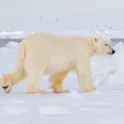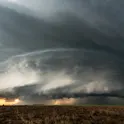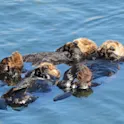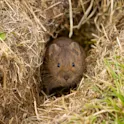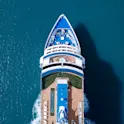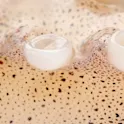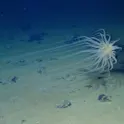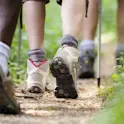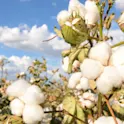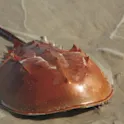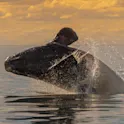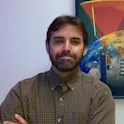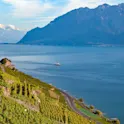Coral-eating fish poo may act as ‘probiotics’ for reefs
by Angharad Brewer Gillham, Frontiers science writer Image/Shutterstock.com Coral-eating fish are thought to weaken coral reefs because they consume coral tissue, whereas grazer fish are assumed to have positive effects because they eat algae that compete with corals. However, a new study shows that feces from coral-eating fish contain bacteria that can be beneficial to corals. On the other hand, feces from grazers contain high levels of pathogens that can kill corals. Until recently, fish that eat coral — corallivores — were thought to weaken reef structures, while fish that consume algae and detritus — grazers — were thought to keep reefs healthy. But scientists have discovered that feces from grazers leave large lesions on coral, possibly because they contain coral pathogens. By contrast, feces from corallivores may provide a source of beneficial microbes that help coral thrive. “Corallivorous fish are generally regarded as harmful because they bite the corals,” said Dr Carsten Grupstra of Rice University, lead author of the study published in Frontiers in Marine Science. “But it turns out that this doesn’t tell the whole story. Corallivore feces contain many of the bacterial taxa that associate with healthy corals under normal conditions, potentially resulting in the natural […]
